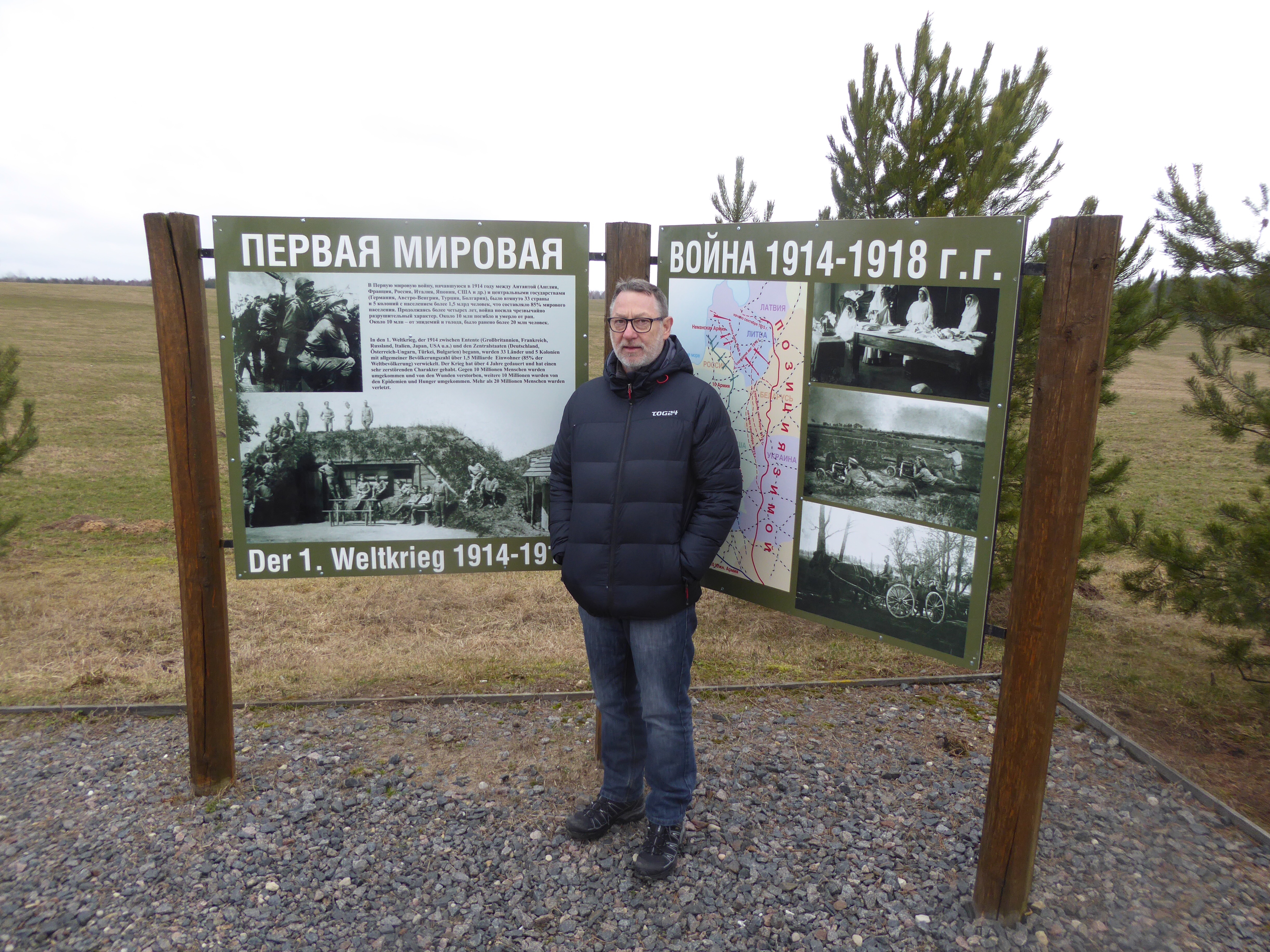Guest writer Frank Pleszak has written a book about his father’s unbelievable journey from eastern Poland to Manchester and shares his thoughts with About Manchester
I was born in Manchester and have lived and worked here all my life. But my father was Polish. I knew little of his early life and had no idea of the monumental series of events, together with WW2, that had created me a Mancunian.
For most of my life I was unaware of my dad’s story, it was only after his death that I researched it and wrote a book about his and thousands of other Poles epic, cruel, and tragic journeys from eastern Poland to England.
He came from a poor rural village near Lake Naroch about 100km east of Vilnius, in what for him was Poland but is now Belarus. He was exiled to Siberia by Stalin in 1940, eventually released, joined the famous Anders Army, and settled in Manchester. He was never allowed to return to his place of birth. After his death we were able to contact his relatives and return some of his ashes which we placed on his father’s grave in the small town of Naroch.
It was whilst in the cemetery at Naroch I noticed a huge and spectacular monument to the German fallen at a local WW1 battle. I embarrassingly knew nothing of the battle and when I returned home found little in books or even on the internet.
In fact, there is almost nothing written about this battle in the west. Eventually I obtained Russian and German documents which I translated, and was amazed at the massive, brutal, and significant battle that had taken place there.
So a hundred years since WW1 while most people concentrate on the famous battles on the Western Front my focus has been on the Battle of Lake Naroch of which I have given talks, created an overview presentation and later this year will be publishing the first ever book in the English language to document the events of that far off time so that they are not lost to posterity.
I will dedicate my piece of work to the memory of that battle and to those of both sides from many nationalities who were involved or affected by it all those years ago.
March 18th this year marked the 100th anniversary of the start of this little known, but highly significant battle on the Eastern Front. Sometimes known as the Russian 1916 Spring Offensive, it occurred after the German advance east had been halted in the September of 1915.
The German Army had dug in through the winter along a line from Riga on the Baltic Sea in the north to, at that time neutral, Romania in the south. Under a request from the French to help relieve pressure at Verdun, the Russian 2nd Army, which outnumbered their German XXI Army Corps opponents 4 to 1, launched an attack around the huge Lake Naroch.
The intention was to attack on a broad front of about 100km over frozen marshes and a series of lakes west towards Vilnius. Unfortunately, a spring thaw restricted the attack to two small areas: around the south shore of Lake Naroch and further north near the city of Postavy. In diabolical conditions with inept leadership and poor planning the Russians were catastrophically defeated. After 10 days the main offensive was brought to an end with over 120,000 Russian and 20,000 German casualties.
The consequences were dire and far reaching for the Russians. It was so significant a loss that it arguably paralyzed their entire Army for the rest of the war and not only contributed to their early withdrawal from the war itself, but possibly in the revolution that followed which removed the last Russian Tsar and effectively changed world geo-politics for ever.
I was honored to receive an invite and had the pleasure of attending the centenary commemoration of the Battle in Belarus from 17th-19th of March this year. It was held at the Narochansky National Park on the shore of the beautiful Lake Naroch.
The event started with a wreath laying at the Military Cemetery in Minsk and opening speeches at the Belarusian Museum of the Great Patriotic War. The conference moved on to presentations, battle locations, and ceremonies to honor the dead from both sides around Lake Naroch and at Postavy.
I was the only none Belarussian or Russian there and I was treated with the utmost care and consideration. It was a truly wonderful few days in cold Belarus.







